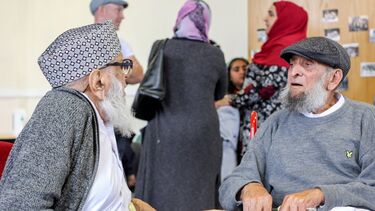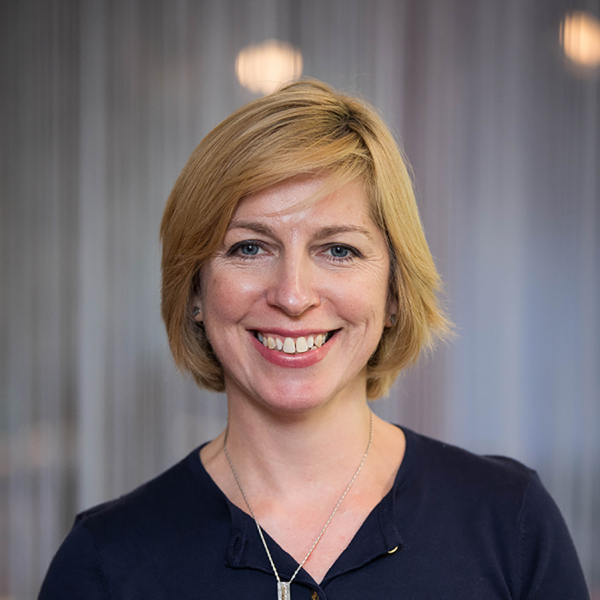The Ethnicity and Unequal Ageing project, co-investigated by Professor Mark Green, led the production of a report analysing Census data focused on Rotherham and 91ÖÆÆŽģ§. The analysis revealed that almost 1 in 5 people in the region are now aged 65 and over, with older adults representing the fastest growing age group. However, this report challenges the notion that old age is characterised by White British populations only.
Rotherham and 91ÖÆÆŽģ§ are home to diverse communities with 286 distinct ethnic groups in 91ÖÆÆŽģ§ and 252 in Rotherham. While older age groups remain predominantly White British, the last 10 years have marked a shift towards greater diversity among those in later life. 91ÖÆÆŽģ§'s large Black Caribbean population, many of whom are approaching retirement, will also contribute to a more diverse older population in the coming decade.
The report also showed that there were persistent inequalities across ethnic groups, which means that ageing is not an equal process. The data showed that ethnicity remains a powerful marker of inclusion in society, with clear and persistent disparities across housing, education, and employment. The Roma and Gypsy or Irish Traveller communities continue to face significant exclusion, with notably low levels of home ownership, educational attainment, and occupational success.
In contrast, some groups are thriving in specific areas: Indian, Pakistani, and Irish communities show high levels of home ownership, while Chinese, Bangladeshi and Indian groups stand out for educational attainment. Employment outcomes are strongest among Indian residents.
At the same time, the report highlighted how racially aggravated offences in the region quadrupled between 2012/13 and 2021/22. Expanding further concerns amid recent events.
Professor Majella Kilkey, lead of the 'Ethnicity and Unequal Ageing' project, said "These findings offer a vital snapshot into the changing population of Rotherham and 91ÖÆÆŽģ§.". She adds that "As the city grows older and more diverse, tackling structural inequalities and building inclusive communities will be central to shaping a fairer future for all residents."
The report was co-produced with the research team, with insights from Voice Forum members in both places, and it was presented to stakeholders in the 2nd platform meeting in early May.



